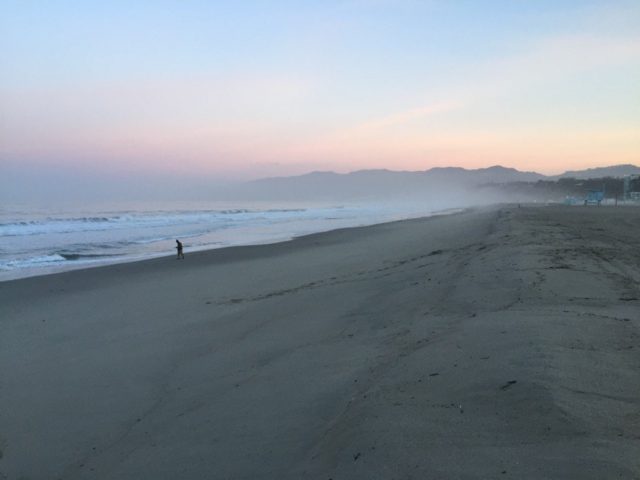A new study has found that California’s middle class families are being priced out of the ability to take a beach vacation due to efforts by coastal cities to maximize luxury hotels, to generate higher transient occupancy taxes.
The Coastal Conservancy Survey was conducted by Probolsky Research, who interviewed 1,200 individuals by phone over a 30-day period.
The average cost for an American family of four to take a four-night summer vacation is $581, or about $144 per day. The breakdown of the costs is $224 for transportation; $150 for lodging; $155 for food/alcohol; and $52 for entertainment, according to the Value Penguin website.
Vacation spending only accounts for about 2 percent of the average U.S. household income of $63,784, according to the U.S. Consumer Expenditure Survey. But there is a huge difference between the vast majority of American families that take an overnight pleasure trip once-in-awhile, and those dropping $4,700 on vacations each year.
A new study from the California Coastal Conservancy found that the differential in California is most obvious for families that want to enjoy a beach vacation, because the average room rate within a mile of a California beach is now a jaw-dropping $311 a night.
The most expensive beach vacations are Santa Barbara County at $343, San Mateo at $302, and Orange County at $287 per night. The remote northernmost counties of the state are outrageous beach vacation bargains at $135 in Del Norte County, $153 in Humboldt County, and $193 in Mendocino County per night.
Coastal cities are very intent on eliminating older hotel and motel rooms in favor much more expensive rooms, because they can collect higher transient occupancy taxes (TOT).
TOT is called the painless tax, because it generally only hits outsiders. It also can be raised with just a simple majority vote in any election under the Revenue and Taxation Code 7280. As a result, TOT percentage rates have been moving up in most cities. The low is 10 percent in most northern counties, but as much as 14 percent in San Francisco.
As a result of rising costs, hotels’ market share for family vacationers has fallen from about 50 percent to 40.7 percent. That loss has gone to camping at 18.6 percent; staying with friends at 12.5 percent; motels at 11.4 percent; and staying with friends at 7 percent.
With 70 percent of Californians reporting that they visit the beach at least once a year. the Coastal Conservancy is pushing the novel idea of opening up college dorms to short-term summer and holiday-rentals. Their latest survey found that 37.8 percent of families said they would stay in dorms, but 59.5 percent said they would not stay in a dorm.

COMMENTS
Please let us know if you're having issues with commenting.